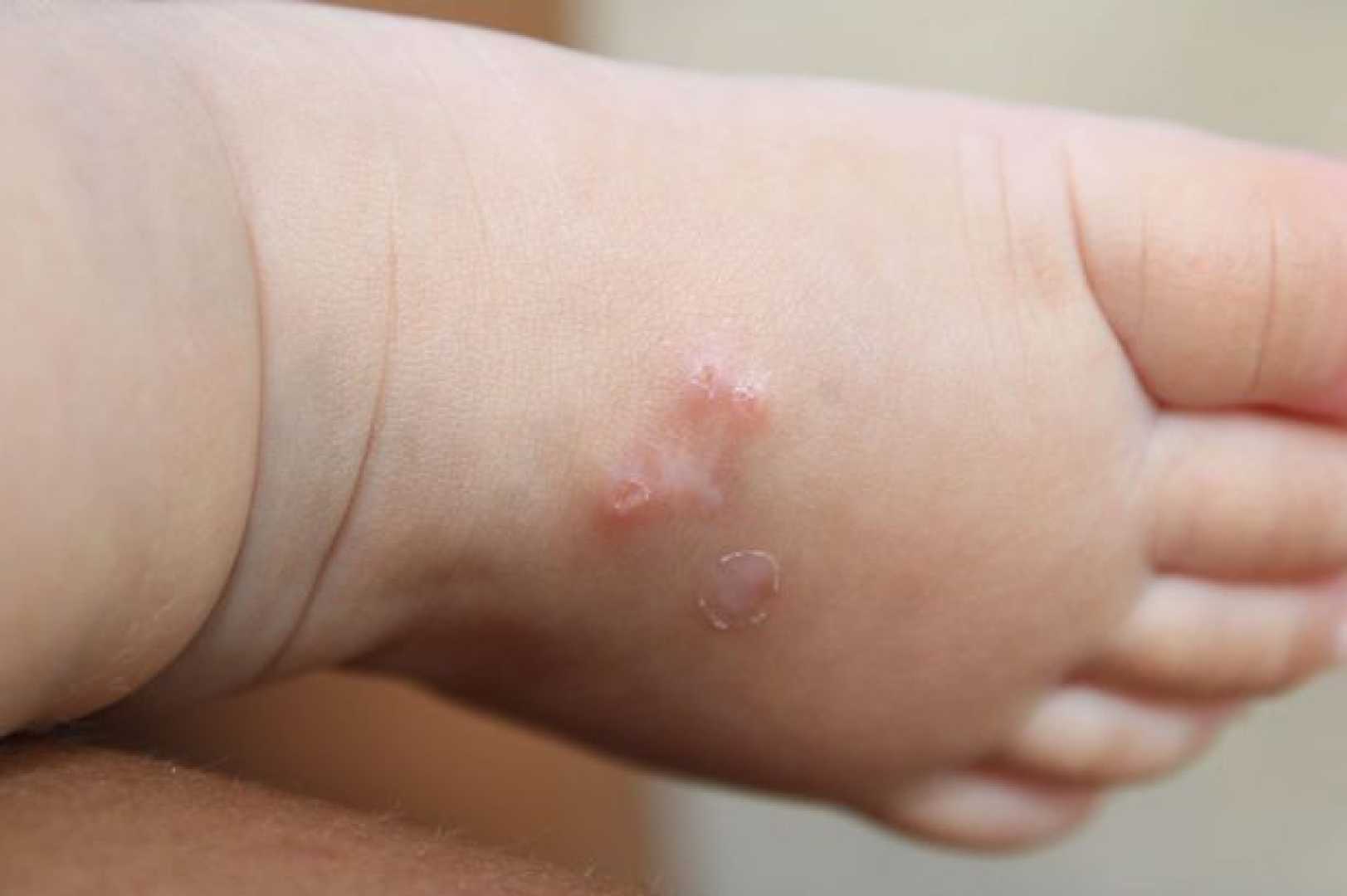Health
Spike in Scabies and Measles Hospitalisations Linked to Poverty and Vaccination Decline in Yorkshire

New data from the National Health Service (NHS) has shown a significant rise in hospitalisations due to scabies across Yorkshire. This skin condition, caused by tiny mites that burrow into the skin, results in severe itching but is generally treatable with creams or lotions. Experts suggest that the surge in conditions such as scabies, measles, and whooping cough is linked to increased poverty levels and a decline in vaccination rates.
Measles and whooping cough cases are reportedly on the rise in several regions. According to Yorkshire Live, Doncaster and York have seen a notable increase in measles, with Doncaster reporting 20 cases and York reporting 10 cases in the past year, compared to none the previous year. Measles initially presents with cold-like symptoms and progresses to a rash, with the potential for serious complications if the infection spreads to the lungs or brain.
Nationally, England experienced a five-fold increase in hospital visits for measles diagnoses, totaling 2,305 visits last year. This spike was the largest increase among all conditions with at least 1,000 hospitalisations in the country. Similarly, whooping cough incidents have risen markedly, with 1,696 cases reported this year, while scabies has seen a 66% increase, resulting in 5,661 primary and secondary diagnoses.
Gwen Nightingale, Assistant Director of Healthy Lives at the Health Foundation, highlighted the connection between poverty and the spread of disease. She noted, “Not having enough income to sustain a basic standard of living can have a negative impact on health, through factors like cold, damp homes or an inability to access healthy foods. The stress of living on a low income can also negatively impact health.” She urges the government to address poverty by ensuring adequate incomes, quality affordable housing, and access to green spaces.
The UK Health Service Authority has expressed concern over the increase in measles hospitalisations, indicating it may be a sign of diminishing vaccination coverage. A spokesperson stated, “In addition to measles, many children are also missing out on protection against other serious diseases, including whooping cough, meningitis, diphtheria, and polio. It is especially tragic to see kids suffer when these diseases are so easily preventable.”
Steve Russell, the NHS National Director for Vaccination and Screening, emphasized the need for increased vaccination. “These worrying figures highlight that too many children are still not fully protected against diseases like measles and whooping cough, which can cause serious illness but are preventable,” he warned. He also noted that vaccines are provided free by the NHS and play a crucial role in saving lives and reducing hospital admissions. Parents are encouraged to verify their child’s vaccination status and consult with their GP for any necessary vaccinations.












